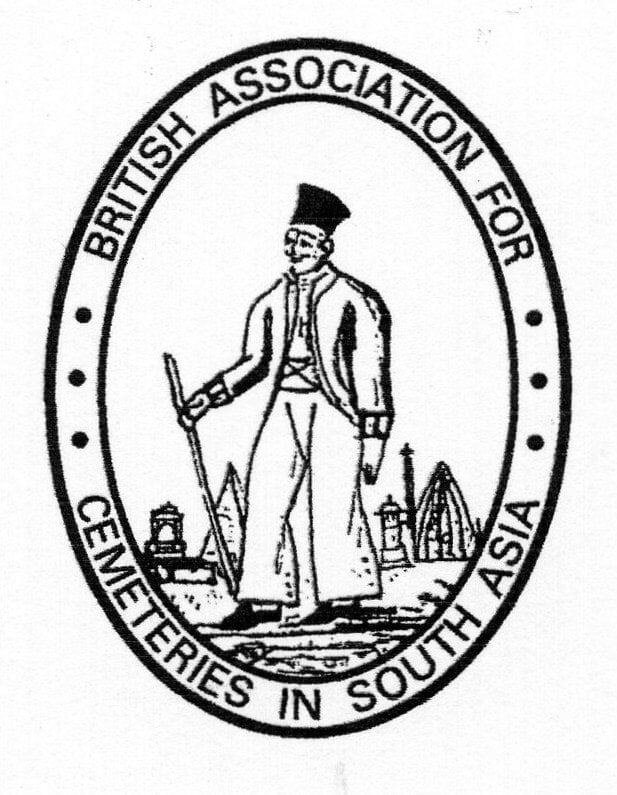Forum Replies Created
-
AuthorPosts
-
Andrew Edington Cumine
ParticipantDear Cath,
Thanks.
The Joseph name of father and son may be a clue, though 9-10 does sound a bit young. I’d work on both. If either of the fathers you’ve found was in the Bengal Army, it’s surprising that their children were born in the Madras Presidency. Have a look again for baptisms in Bengal. Having said that, it is not impossible that men might have transferred.
Have you established whether ‘your’ Joseph had brothers or sisters? The baptism record may contain information about the father’s occupation. I have a book about Chingleput, and it seems that the first English Governor of thr fort there (in the 1750s … ?) was a certain Captain Smith (also, my book says, the founder of Freemasonry in India). That’s a red herring, probably.
On the Bengal Army, maybe you need to consult Peter Bailey’s book ‘Researching ancestors in the East India Company Armies’. It’s a FIBIS book. Lots of information available at the British Library in London. And probably on the FIBIWIKI section of the FIBIS website too.
Best,
AndrewAndrew
Andrew Edington Cumine
ParticipantDear Cath,
I think younger. And I have just checked a copy of Valerie Anderson’s 2015 book ‘Race and Power in British India’, to find that she confirms a General Order of 14 June 1798 stating that “all fifers and drummers for sepoy regiments should come from military orphan schools, joining when they were 13 or 14″. I have also checked Christopher Hawes’ 1996 book ‘Poor Relations’, and he notes that ‘The boys returned to military life as early as the age of ten, but mostly at twelve or thirteen …”.
My own Great-Grandfather retired after 25 years’ service in the band of the Governor of Madras in 1907, suggesting a start-date of 1882, when he was 15.
So take your pick from 10 to 15, but I think 16-18 was probably too old.
Hope that helps.
Best,
AndrewAndrew
Andrew Edington Cumine
ParticipantDear Cath,
I have just been looking at that attachment again and notice that it clearly says ‘Bengal Army European Soldiers’ at the top. This description is at odds with Joseph’s apparent upbringing at the Orphan School. Also, “Invalid Veteran Company” seems (via a Google Search) to be shorthand for “European Invalid Veteran Company”, so there’s another contradiction to wrestle with. Fascinating.
Best wishes,
AndrewAndrew
Andrew Edington Cumine
ParticipantDear Cath,
Thanks. The attachment makes it clear that Joseph was a drum major (presumably at the time of his death), that he didn’t arrive on any ship (from the UK), but was brought up at Lower Orphan School. I suggest that this means he was born and raised in India. His enlistment in 1792 is significant in that it was exactly around this time that the East India Company clamped down on the participation of soldiers’ sons not born of two European parents by limiting their job opportunities in the military to fifers, drummers, or farriers. My own family tree in India is dripping with musicians! It is most likely that Joseph was in the same regiment as his father – looks like Bengal Army (ie: not British Army), although the father may well have been recruited into the Bengal Army the UK. His birth may be recorded somewhere. Try the India Office records of baptisms, marriages and burials on the ‘Find My Past’ website. As for the widow Sarah Brown, ‘Sarah’ is a common name for an Indian lady being baptised prior to marriage, so my supposition is that she is an Indian (or Anglo-Indian) lady since in 1813, Joseph would not have been in a position to marry a European lady. She would of course have been baptised prior to her first marriage. Don’t be too tempted by the DNA. It proves nothing, only that you have (or have not) ‘Indian’ ancestors. It’s MUCH more rewarding to establish the paper trail first, find out who they were, THEN confirm that using the DNA, rather than the other way around!
Hope this helps. Please be in touch again!
Sincerely,
AndrewAndrew
Andrew Edington Cumine
ParticipantIt is likely that Joseph Smith was himself Anglo Indian. He would probably not otherwise have been a ‘pipe/fife-major’, since boys whose parents were not both European were excluded from any military role other than as fifers, drummers, or farriers: it’s quite a clue! I suspect Joseph was Anglo Indian in his own right (probably a European father and Indian [or Anglo-Indian in HER own right] mother). Or possibly even both his parents had European fathers and Indian (or Anglo-Indian) mothers.
Sincerely,
Andrew CumineAndrew
07/06/2018 at 09:59 in reply to: Did Anglo-Indians in British India ever adopt native children? #52142Andrew Edington Cumine
ParticipantInteresting post. My Grandfather was in Ahmednagar from the mid-1920s until his death in 1945. I’d respectfully suggest you ignore the DNA result and focus hard on the paper-trail. Look at the India Office Records (available at Findmypast.co.uk) and the FIBIS records. Build up your tree starting with yourself, working backwards to your grandfather and further back. With ‘western’ names, it is likely they were Anglo-Indian. But the interesting part will be to find out (which you will) who was the ‘Anglo’ (typically a man) and who the ‘Indian’ (typically the mother of his children). I have a possible adoption issue going back to the mid-1840s in Madras, but I don’t believe adoption of children was a formal procedure. Good luck! Andrew.
Andrew
-
AuthorPosts




